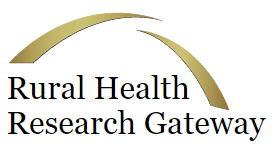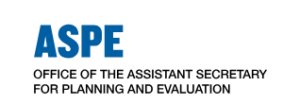December 6, 2024

State of the Primary Care Workforce, 2024
The Health Resources and Services Administration’s (HRSA’s) National Center for Health Workforce Analysis collects data, conducts research, and generates information to inform and support public and private-sector decision making.
This brief examines the supply of physicians, physician assistants (PA), and nurse practitioners (NP) practicing in primary care specialties:
- Family medicine
- General pediatric medicine
- General internal medicine
- Geriatric medicine
While rural areas generally have lower primary care physician ratios than urban areas, the data show that NPs and Pas are important in providing primary care in rural areas. Approximately half of PAs were interested in practicing in rural locations (44 percent), Medically Underserved Areas (58%), or Health Professional Shortage Areas (54%).
Click Here to Read State of the Primary Care Workforce, 2024









